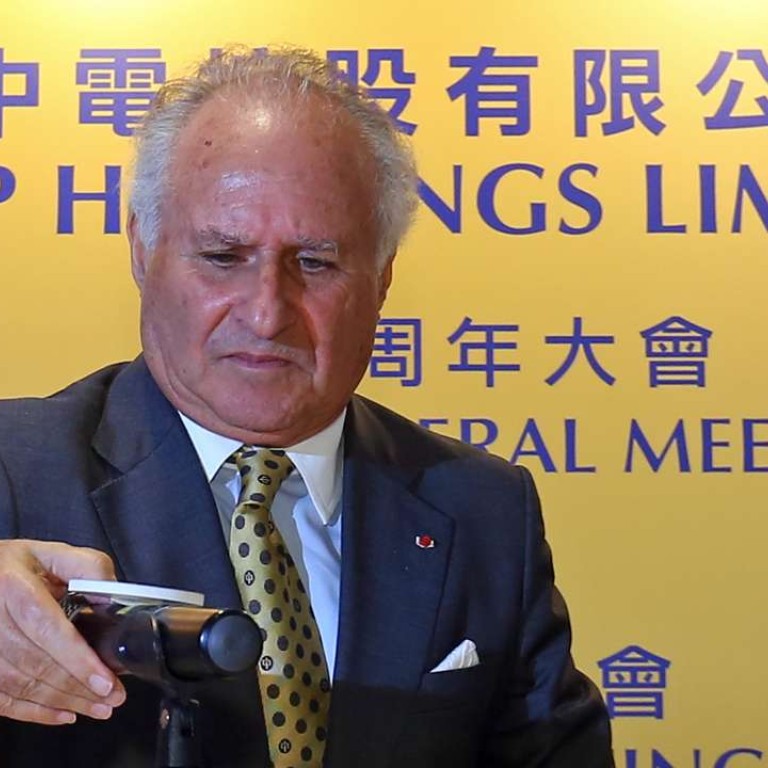
Michael Kadoorie’s Hong Kong Heritage Project sheds light on city’s history from war to decolonisation
Private collection includes business and policy documents related to the Kadoorie family, as well as wartime propaganda, photographs and artefacts
Private archives are an important mainstay of Hong Kong’s heritage.
One of these archives has been put together in the form of the Hong Kong Heritage Project – a collection of paper records, audiovisual materials, photographs and artefacts founded in 2007 by Michael Kadoorie, one of the wealthiest people in the city.
The Kadoorie family has been in the city for well over a century, first arriving from Baghdad, Iraq in 1880. They are now one of the wealthiest families in Asia, having founded the CLP Group – one of Hong Kong’s two electric power suppliers – and Hong Kong and Shanghai Hotels, which operates the Peninsula Hotel.
Housed within CLP’s headquarters in Hung Hom, the heritage project includes over 150 metres of papers documenting family businesses and interests, as well as more than 500 recorded interviews, making it the largest oral history collection in Hong Kong.
“They’re very valuable primary sources for the study of Hong Kong’s history,” project archives manager Clement Cheung Yau-wai said.
The history of the Kadoorie family is part of the city’s history, having been a “common witness, alongside Hong Kong’s people” to a century marked by colonialism, two world wars, and the 1997 handover to mainland China, the project website says.
Items in the collection include papers from high-profile business and policy meetings as well as transcribed interviews and records of employees.
There are also Japanese propaganda leaflets from the second world war, a mechanical calculator with a crank handle and wartime “pointie-talkie” translation booklets.
Also stored away are the late Lawrence Kadoorie’s personal photos of Hong Kong, capturing scenes from Central in the early 1950s and Tuen Mun as an old fishing village.
“[Private archives] help introduce a different perspective than textbooks, which give the official story, in looking at the history of Hong Kong,” said Melanie Li Oi-chi, who is the project’s manager of public education and outreach.

